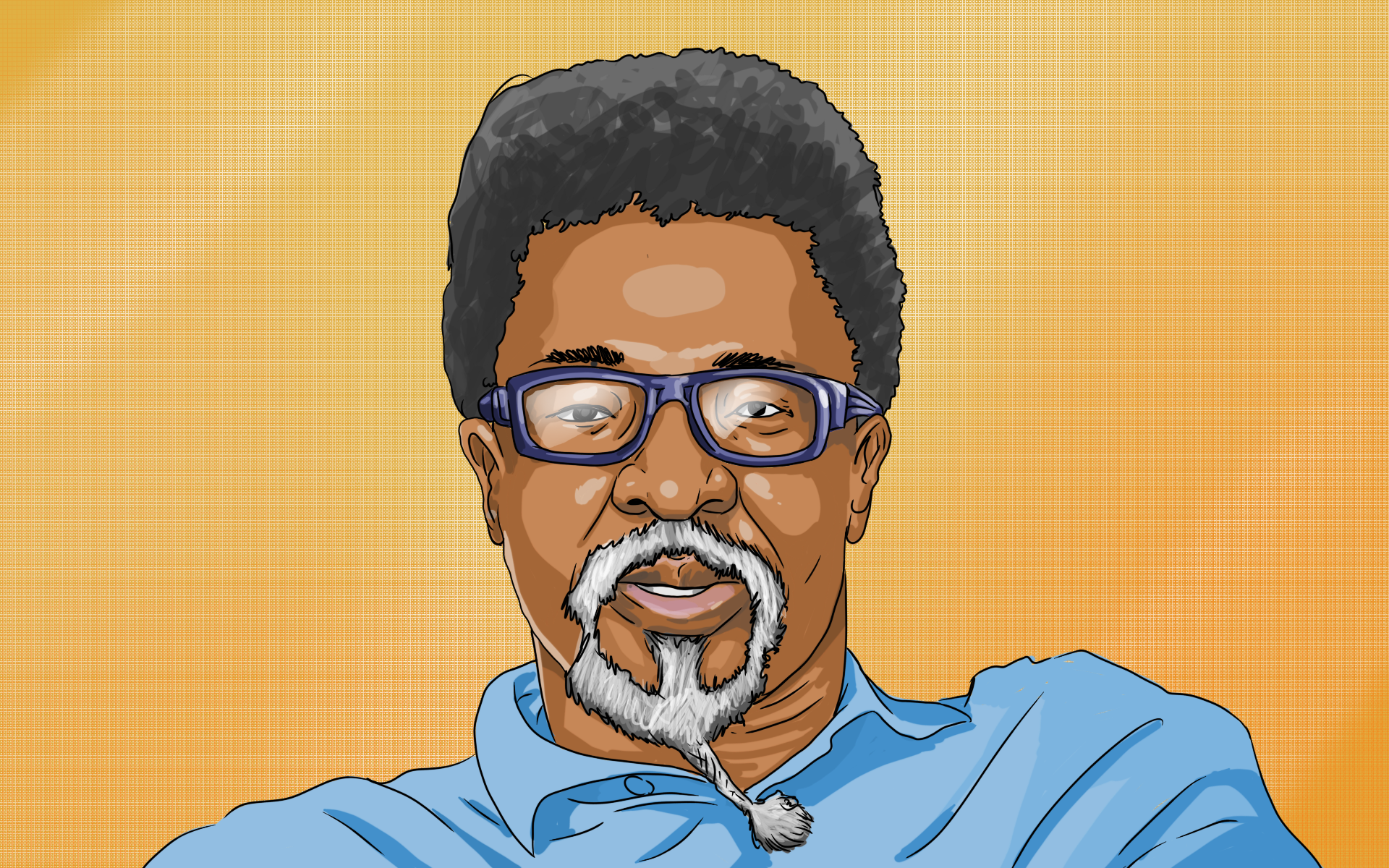In all these years, the question of what rights the Taiwanese people have, has remained on the geopolitical front burner. Given how much communists made of the philosophy’s redeeming role – the “right to self-determination, up to and including secession”, being one of its fancier constructs – does it not matter that the Taiwanese, today, would rather not be citizens of the Peoples’ Republic of China (PRC)? This is the core of the US’ position on the matter.
Its storied past notwithstanding, modern China was born in 1911. That was the year in which Dr Sun Yat-sen’s Nationalist Party of China (the Kuomintang) finally overthrew the Manchu-led Qing Dynasty. The whole point of the Xinhai Revolution, as it came to be known, was the enablement of China’s transition from a feudal empire to a republican one. Feudal holdouts still remained long after the revolution, however. And in 1916, feudal warlords attempted an imperial restoration.
Twelve years into his party’s overthrow of the Qing Dynasty, Sun Yat-sen, looking to unify the vast country under a single authority, negotiated an alliance with the Chinese Communist Party (CCP) that began to fray long before the ink on the agreement was dry. In part, the weakness of this alliance, or rather the alliance as evidence of the Kuomintang’s weakness let the communists, led by Mao Tse-Tung, to unify China by end 1949, and chase the rump of the Kuomintang (now led by Chiang Kai-shek) into exile across the straits, into what is today’s Taiwan. It would seem that the only reason Chairman Mao did not complete the invasion and takeover of the island by 1950 was the breakout of the Korean War.
That war, in turn, dramatically altered the dynamics of the cross-straits relationship. Immediately following the communists’ victory in 1949, the United States of America had indicated its unwillingness to defend the Kuomintang, were the communists to attack Taiwan. But North Korea’s emergence fed worries in the U.S. over the rise of a new spectre haunting the world: communism. Preventing Communist China from over-running Taiwan thus became new US policy.
Also Read: Chinese private security firms are growing their presence in Africa: why it matters
China is, in other words, now very far from where it was in 1954, when the threat of nuclear strikes from the US was what it took to make it back down from attacking islands off the coast of Taiwan. All of which make Comrade Xi’s commitment to reunifying Taiwan with the mainland as part of a process of “national rejuvenation” culminating in the PRC’s centenary in 2049, both difficult to ignore and worrying.
In the four score and ten years since the war over Taiwan did not happen, a lot has changed. Taiwan has transitioned from a military dictatorship that regularly trampled casually on indigenous peoples’ rights to a full-fledged multi-party democracy. It is richer (than China in per capita terms), besides, and currently at the forefront of both technology and industry. China has, on the other hand, transmogrified, twice. From a communist backwater, through the market-oriented reforms put in place in the late 1970s, to become the second richest economy in the world. And, since 2012, under Xi Jinping, it has creakingly returned to its authoritarian communist roots, while considerably strengthening its military capabilities.
China is, in other words, now very far from where it was in 1954, when the threat of nuclear strikes from the US was what it took to make it back down from attacking islands off the coast of Taiwan. All of which make Comrade Xi’s commitment to reunifying Taiwan with the mainland as part of a process of “national rejuvenation” culminating in the PRC’s centenary in 2049, both difficult to ignore and worrying.
The Chinese Communist Party thinks the US has weakened over the same period that China has become a world economic power. This interpretation is as much a nod to China’s new military prowess – on display recently, as it expressed umbrage over Nancy Pelosi’s (speaker of the US House of Representatives) visit to Taiwan – as it is a different take on the seemingly existential crisis that the notion of Western democracy appears to be going through everywhere today.
Admittedly, the US’ “one-China” policy is not much of an advertisement for the coherence of its policy on Taiwan. Nor is its notion of “strategic ambiguity” clear enough communication of its policy intent. None of which would have mattered very much, if the CCP did not continue to argue that Taiwan, as are other national autonomous areas in that vast country, is an inalienable part of the PRC.
Also Read: Clora Bryant: Black Lady Trumpeter Who Wowed Communist Russia
In all these years, the question of what rights the Taiwanese people have, has remained on the geopolitical front burner. Given how much communists made of the philosophy’s redeeming role – the “right to self-determination, up to and including secession”, being one of its fancier constructs – does it not matter that the Taiwanese, today, would rather not be citizens of the Peoples’ Republic of China (PRC)? This is the core of the US’ position on the matter. Ideally, this perspective should appeal to all people who have had this right gratuitously violated – people who once had to deal with a colonial status, that is. It is, besides, a right whose exercise, following Russia’s invasion of Ukraine, invites all free people to re-commit to.
Admittedly, the US’ “one-China” policy is not much of an advertisement for the coherence of its policy on Taiwan. Nor is its notion of “strategic ambiguity” clear enough communication of its policy intent. None of which would have mattered very much, if the CCP did not continue to argue that Taiwan, as are other national autonomous areas in that vast country, is an inalienable part of the PRC.

